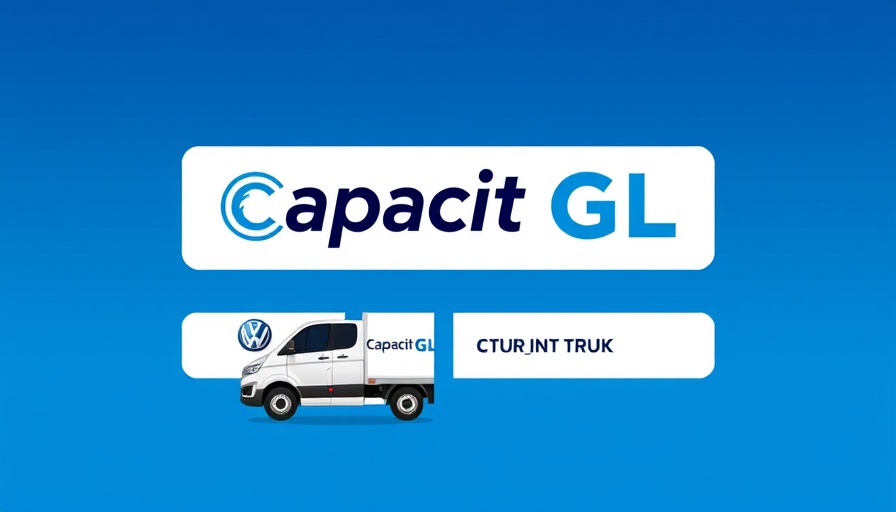
The New Age of Work: Embracing Entrepreneurial Thinking
As the workforce transforms due to technological advancements and shifting market demands, the notion of career security has evolved. No longer is it about length of service or prestigious titles; the focus is increasingly on adaptability and a proactive mindset—what is commonly referred to as "entrepreneurial thinking." This mindset is now recognized as vital for professionals not just in startups, but across all sectors.
What is Entrepreneurial Thinking?
In today’s context, entrepreneurial thinking transcends the mechanics of starting a business. It embodies a way of thinking characterized by initiative, creativity, and resilience. This approach encourages individuals to sidestep traditional routes and instead seize opportunities presented by uncertainty and market volatility. Professionals armed with entrepreneurial skills benefit from improved problem-solving capabilities while contributing innovative solutions in their workplaces.
Realizing the Importance of Agility
The seismic shifts affecting various industries—whether it’s the rise of e-learning in education or the push for digital healthcare solutions—illustrate that the landscape of opportunity is continually reshaping. In a world where traditional job security based on tenure is becoming outdated, professionals are increasingly required to navigate through change and ambiguity. As Shaheen Khan points out, the ability to think entrepreneurially is what distinguishes resilient professionals from the rest.
The Role of Education in Fostering Entrepreneurial Skills
With this shift in focus, educational institutions must also adapt. Higher education, particularly business schools, must prioritize the integration of entrepreneurial thinking into their curricula. This can involve offering practical learning experiences, workshops on innovation, and fostering environments that encourage creative problem-solving. Such changes not only prepare students for increased competition but also enhance their overall employability skills.
The Rise of the 21st Century Skillset
The integration of STEM education plays a critical role in this transition. As industries lean towards technology-driven solutions, equipping the next generation with 21st-century skills is paramount. These skills are often best cultivated through frameworks such as inquiry-based learning and cooperative learning, which encourage teamwork, resilience, and critical thinking.
What Does This Mean for Career Development?
With the rapid evolution of job markets, professionals—whether they are seeking a shift in their career paths or striving to enhance their current positions—must prioritize gaining and refining entrepreneurial skills. A focus on self-directed learning, scientific inquiry, and critical analysis will be essential. They can serve to distinguish themselves in a competitive job market and help them pivot effectively through challenges.
Understanding the Path Forward
What does this mean for individuals contemplating their professional future? Embracing entrepreneurial thinking isn’t just beneficial; it’s crucial. Whether in behind-the-scenes roles in corporate structures or as freelancers forging their paths, possessing a mindset that views challenges as opportunities opens doors. For individuals who have faced career transitions, the ability to adapt and thrive becomes not only empowering but necessary.
Conclusion: Taking Action for a Secure Future
As we move further into a world defined by uncertainty and rapid change, fostering an entrepreneurial mindset will be key for professional resilience and adaptability. Individuals, educators, and organizations alike must embrace this cultural shift to thrive in a dynamic economy. Let us commit to building skills that prepare us not just for the next job opportunity, but for a lifetime of learning and growth.
 Add Row
Add Row  Add
Add 




Write A Comment